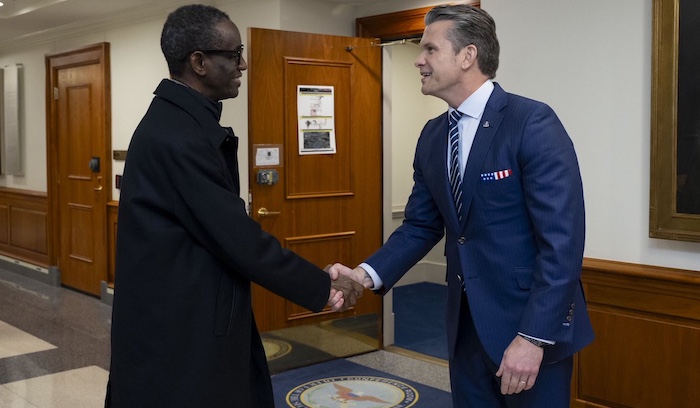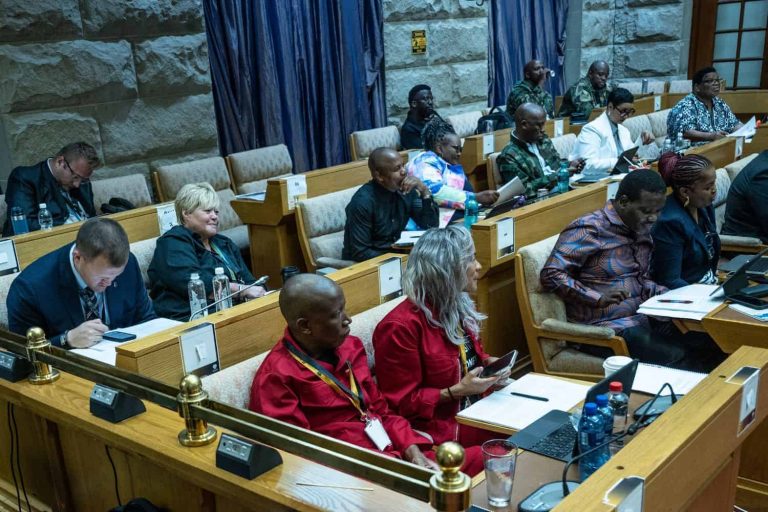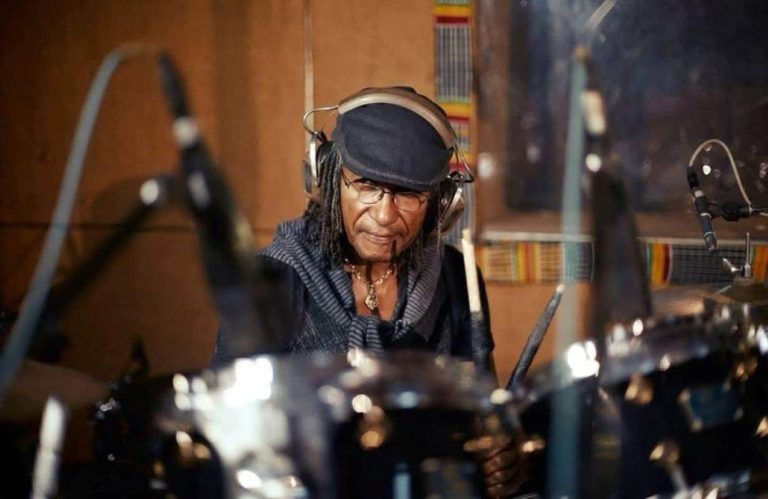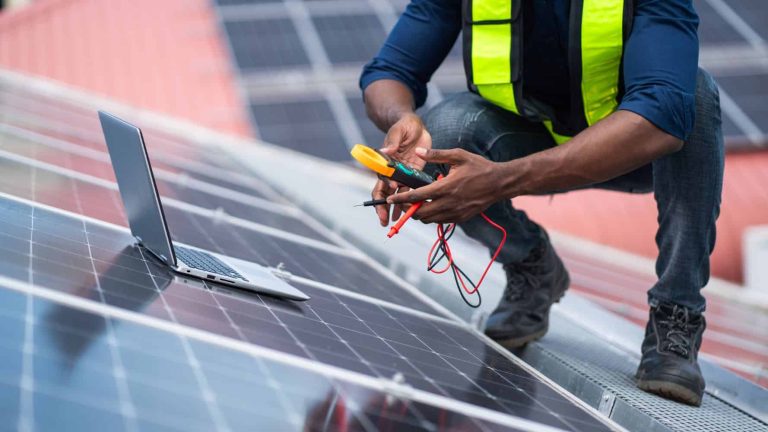
A high-level security meeting between United States Defense Secretary, Pete Hegseth, and Nigeria’s National Security Adviser, Mallam Nuhu Ribadu, held at the Pentagon on Thursday, following President Donald Trump’s explosive threat of swift US military intervention in Nigeria over alleged killings of Christians.
The closed-door meeting — also attended by Chairman of the US Joint Chiefs of Staff, Gen. Dan Caine — was not listed on official schedules, underscoring the sensitivity of the discussions.
Ribadu had earlier met senior US defence and intelligence officials as part of efforts by the Nigerian government to counter what it calls “harmful mischaracterisations” about religious freedom and the security situation in the country.
The engagement came days after Trump warned that the US military could “go in fast, vicious, and sweet” against what he called “Islamic terrorists killing Christians in Nigeria,” further directing his “Department of War” to prepare for possible action.
The US President’s remarks followed heavy coverage by far-right media outlets and Republican lawmakers, including Sen. Ted Cruz and Rep. Riley Moore, who have amplified claims of Christian genocide in Nigeria.
Amid the controversy, the US re-designated Nigeria as a Country of Particular Concern (CPC) over alleged violations of religious freedom — a move Nigeria strongly rejected.
President Bola Ahmed Tinubu insisted the decision was based on “misinformation and inaccurate data,” saying Nigeria remains committed to protecting freedom of worship for all citizens.
Security analysts in Washington and Abuja have also cautioned that US military intervention in Nigeria is logistically impracticable and could destabilise the region. The US currently maintains limited military presence in West Africa, especially after withdrawing from key drone bases in Niger.
Deputy Assistant Secretary of State, Jacob McGee, told journalists that Trump’s warning had accelerated “frank conversations” with Nigerian officials.
“We’re seeing engagement from the Nigerian side. Civil society groups welcomed the CPC redesignation, and we expect tangible steps from Abuja,” he said.
On Capitol Hill, Rep. Riley Moore said he demanded stronger guarantees for the protection of Christians during meetings with the Nigerian delegation.
Responding to the growing pressure, the Nigerian government has restated that both Christians and Muslims suffer casualties in the country’s complex security environment, including attacks by Boko Haram, ISWAP, and armed bandit groups.
Ribadu’s visit to Washington, which include military, intelligence, and congressional meetings — is part of Abuja’s broader diplomatic push to prevent strained US–Nigeria relations, protect existing security partnerships, and correct narratives describing Nigeria as hostile to Christians.
Also on the trip with the NSA are inspector general of police (IGP), Kayode Egbetokun; attorney general of the federation, Lateef Fagbemi; and chief of defence staff, Olufemi Oluyede.


